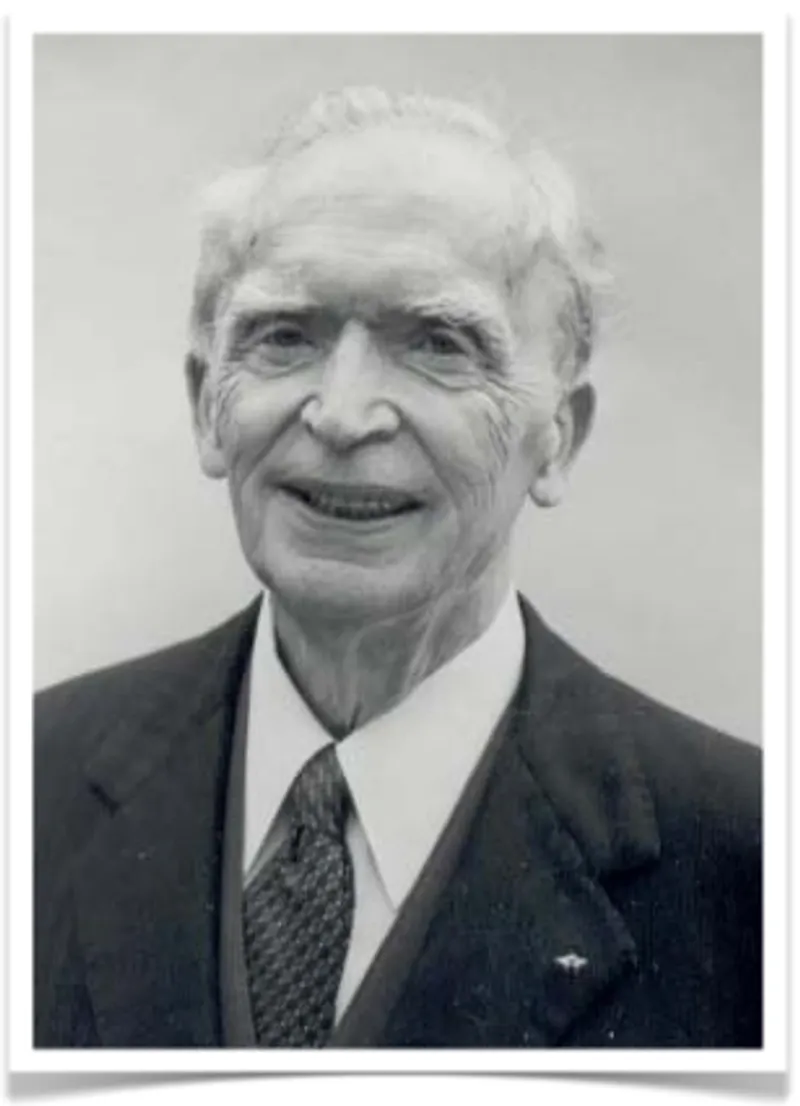
The moment someone becomes consciously aware of each decision, their
prefrontal cortex kicks into gear. They're literally training their brain to evaluate choices
instead of just reacting to them. This creates what neuroscientists call "automatic
decision making improvements."
The more someone practices financial awareness, the better
their brain gets at money management without forcing it.
Research reveals that
subconscious processing drives 95% of our decisions. When someone starts expense tracking and
financial monitoring,
they're programming better subconscious spending habits that operate continuously in the
background.
The psychology of money management through financial tracking isn't just
theoretical. Real people experience these neurological changes firsthand when they develop spending
awareness through money monitoring.
Watch how one person describes the automatic shift that
happens when financial awareness kicks in. The brain literally rewires
itself to think differently about spending decisions.
This social proof demonstrates what
neuroscience predicts. People don't just develop better financial wellbeing through willpower.
Their brains actually change structure and function when exposed to regular expense tracking and
budgeting psychology principles.

They once dismissed him as a peddler of pseudoscience. But today’s research reveals
he was decades ahead of his time.
Dr. Joseph Murphy (1898–1981) was born in Ireland and later
immigrated to the United States, where he became a minister, philosopher, and one of the most widely
read authors in the field of self-help and metaphysics. A man of both faith and curiosity, Murphy
blended spiritual traditions with psychology and emerging science, seeking to explain how unseen mental
forces shape the visible outcomes of our lives.
His most famous work,
The Power of Your
Subconscious Mind (1963), has sold millions of copies worldwide and continues to inspire new
generations. In it, Murphy declared that the subconscious is not a passive vault of memories, it is the
hidden switchboard governing health, wealth, relationships, and even the structure of reality
itself.
He warned: whatever you feed the subconscious, fear or faith, doubt or discipline, it
accepts without resistance. Unlike the conscious mind, which questions and analyses, the subconscious
absorbs beliefs as facts and tirelessly works to bring them into being.
At a time when
affirmations, visualisation, and gratitude were mocked as mystical or naïve, Murphy insisted they were
practical tools for programming the most powerful operating system you will ever use: your subconscious.
Modern
science has proven him right. Brain imaging now shows that thoughts alone can rewire neural pathways.
Harvard researchers discovered that simply visualising piano practice strengthened the same regions of
the brain as actual practice. Another study revealed that imagining exercise increased muscle strength
by 13.5%, without lifting a finger.
Murphy’s life was devoted to bringing these truths to
ordinary people. Through his sermons, lectures, and dozens of books, he sought to bridge science,
spirituality, and psychology, offering a message both radical and liberating: You are not a
prisoner of external circumstances.
Today, Dr. Joseph Murphy’s teachings stand not
only as a cornerstone of modern self-help literature, but as a prophetic voice that anticipated the
neuroscience of the 21st century. His legacy is a reminder that the mind is not just a mirror of
reality, it is its master architect.
When someone has a financial strategy, even if it’s just as simple as “save money”,
they naturally start questioning purchases. Not from a place of restriction, but from genuine curiosity
about whether this spending aligns with their financial strategy.
Their brain begins building new
neural pathways around money decisions. These pathways strengthen over time, making good financial
choices feel more automatic and effortless.
The difference between forced budgeting and
developing a natural awareness shows up neurologically. Sticking to a budget means restricting existing
spending habits. Having a natural awareness involves spending money wisely in ways that actually improve
their financial position long-term. Someone might spend on rest and recovery when worn out to prevent
burnout and boost productivity. They might invest in courses that lead to higher income. They might
choose purchases that genuinely add value to their life.
The key becomes making good choices
individually. Reduce wasteful spending, but don't fear spending where it genuinely adds value.

The brain rewires itself to distinguish between wasteful and value-adding spending
automatically. This happens when financial information gets summarised and presented as a cash flow
table.
Using a
cash flow table enables thinking about higher level problems affecting financial
position rather than trying to figure out how individual transactions impact finances. This allows
high-level financial planning and strategy development.
The subconscious thought process shifts
dramatically. Instead of asking "can I afford this?" the brain starts asking "does this
purchase align with my strategy?"
This distinction transforms financial behaviour. Neural activity can
predict financial decisions up to 10 seconds before people become consciously aware of them. This
financial awareness programs better spending patterns through subconscious processing.
Cash flow tables enable many transactions to be categorised and summarised in ways
that make sense to each individual. The critical element involves users defining their own categories
rather than accepting pre-built frameworks.
When someone creates their own categories and
categorisation rules, they implement their way of seeing finances so everything makes perfect sense to
them. A classic example: spending money at a gas station might be for daily work use or holiday travel,
and should be categorised accordingly. In this case, the transaction date would determine the correct
categorisation.
Categorisation of holiday expenses is useful for someone to see the total holiday
expenses and then use this information to consider options for next time. Some options that appear cheap
don't end up being as affordable as expected. Some options that sound expensive prove less costly
than anticipated.
This personal categorisation process creates stronger neural pathways than
using someone else's system. The brain forms deeper connections when actively organising
information according to individual logic patterns.

Financial professionals universally rely on structured cash flow analysis using
cash flow tables because it works.
The same principles apply to personal finance. People can
accomplish similar analysis with spreadsheets, but it becomes vastly more complex, difficult and time
consuming. Personal finance apps like Where Does My Money Go let users spend more time thinking about
their financial strategy and less time creating cash flow tables.
Patients with damage to the prefrontal cortex
show marked inability to make choices that meet their needs and goals. They often live disorganised
lives, remain impatient, vacillate when making decisions, and invest money in risky ventures.
This
research proves how critical prefrontal cortex activation becomes for sound financial judgment. Regular
financial monitoring strengthens these exact brain networks.

Financial awareness creates what researchers call a "mental rehearsal"
effect. The brain continues processing financial information subconsciously, even when not actively
budgeting.
People start taking more responsibility for planning future finances. They understand
that opportunities they thought were out of reach become possible through certain financial
decisions.
Subconsciously, they begin feeling more in control of their finances and their life.
This control happens automatically, without conscious effort or forced discipline.
The
neurological mechanism works largely at the subconscious level. Regular review of financial data primes
the brain to think about money in the background, shaping everyday choices, reducing impulsive spending,
and gradually building disciplined financial habits.
These habits compound over time to support
long-term wealth accumulation. The process leverages how brains naturally work rather than fighting
against automatic patterns.
Simple habits of financial monitoring prove more powerful than
complex budgeting systems or financial literacy alone. The brain rewires itself through awareness,
creating effortless improvements that feel completely natural.
Disclaimer: We are not financial advisers. The information on this website is general in nature and does not take into account your individual circumstances. You should seek independent professional advice before making financial decisions.